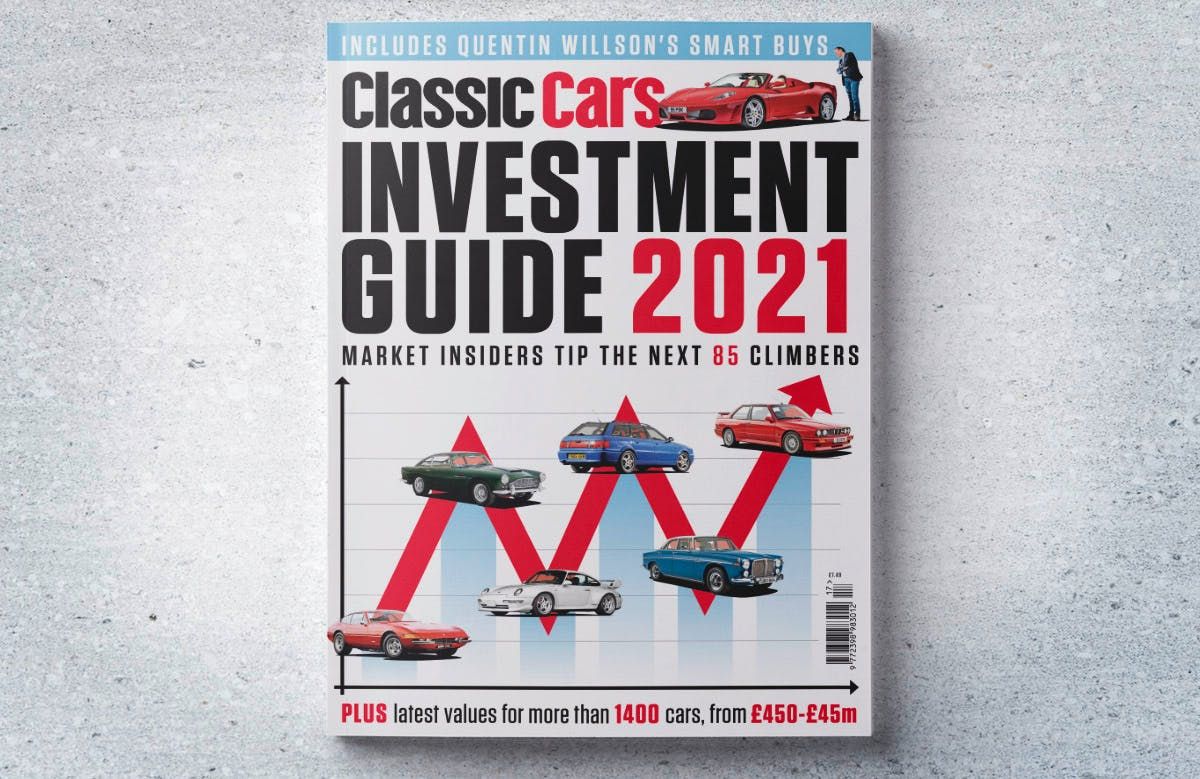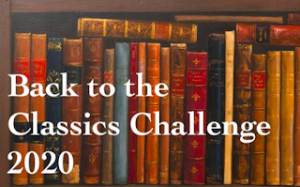
In recent years, classic cars have emerged as not only a fascinating hobby but also a lucrative investment opportunity. The allure of these timeless vehicles has caught the attention of many enthusiasts and collectors seeking to add a piece of automotive history to their portfolio. However, like any investment, predicting the future values of classic cars requires a thorough understanding of the market and various influencing factors.
The Rarity Factor
One of the critical elements that determine the future value of classic cars is their rarity. Rarity plays a crucial role in driving prices higher as collectors are willing to pay a premium for a vehicle that is scarce in the market. Limited production numbers, unique features, or specific models with historical significance tend to appreciate in value over time. As a savvy investor, identifying and tracking such rare classic cars can provide valuable insights into their predicted future values.
Historical Significance and Popularity
Classic cars that carry historical significance or have gained popularity over the years often see substantial increases in value. Vehicles associated with iconic events, famous individuals, or significant milestones in the automotive industry tend to attract collectors and enthusiasts alike. Moreover, popular classic car models from renowned manufacturers can also experience a rise in value due to their timeless designs and widespread appeal. Predicting the future values of these historically significant and popular classic cars involves monitoring trends, consumer preferences, and societal influences in the automotive world.
Condition and Maintenance
The condition and maintenance history of a classic car significantly impact its future value. A well-preserved or thoroughly restored vehicle tends to have higher demand and greater appreciation potential. Collectors and buyers typically seek cars in pristine condition with original parts, minimal rust, and well-documented service records. As an investor, conducting thorough inspections, verifying authenticity, and considering the cost of potential restorations can help estimate the future value of a classic car.
Market Trends and Economic Factors
Classic car values are also influenced by market trends and economic factors. Like any investment asset, market demand and supply play a crucial role in determining prices. Analyzing the market trends, such as recent auction results, private sales, and industry reports, can provide insights into the direction of future values. Additionally, economic factors such as inflation, interest rates, and overall financial stability also impact the market for classic cars. By staying informed about economic indicators and market conditions, investors can make more accurate predictions about future values.
Professional Appraisals and Expert Advice
When it comes to predicting the future values of classic cars, seeking professional appraisals and expert advice is invaluable. Appraisers and experts are well-versed in evaluating classic cars based on their historical significance, rarity, condition, and market demand. Their insights can offer a more accurate assessment of future values and help investors make informed decisions. Engaging with reputable appraisers, attending classic car events, and consulting industry experts can provide a wealth of knowledge and guidance in predicting the future values of classic car investments.
Conclusion
Predicting the future values of classic cars involves careful analysis of various factors, including rarity, historical significance, popularity, condition, market trends, and expert advice. As an investor, understanding these elements and staying informed about the dynamic market can increase the likelihood of making profitable classic car investments. Remember, it’s not just about owning a beautiful piece of automotive history, but also recognizing the investment potential that classic cars hold.

